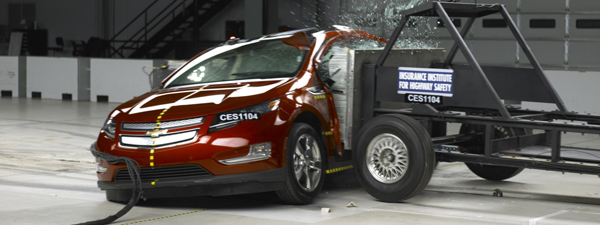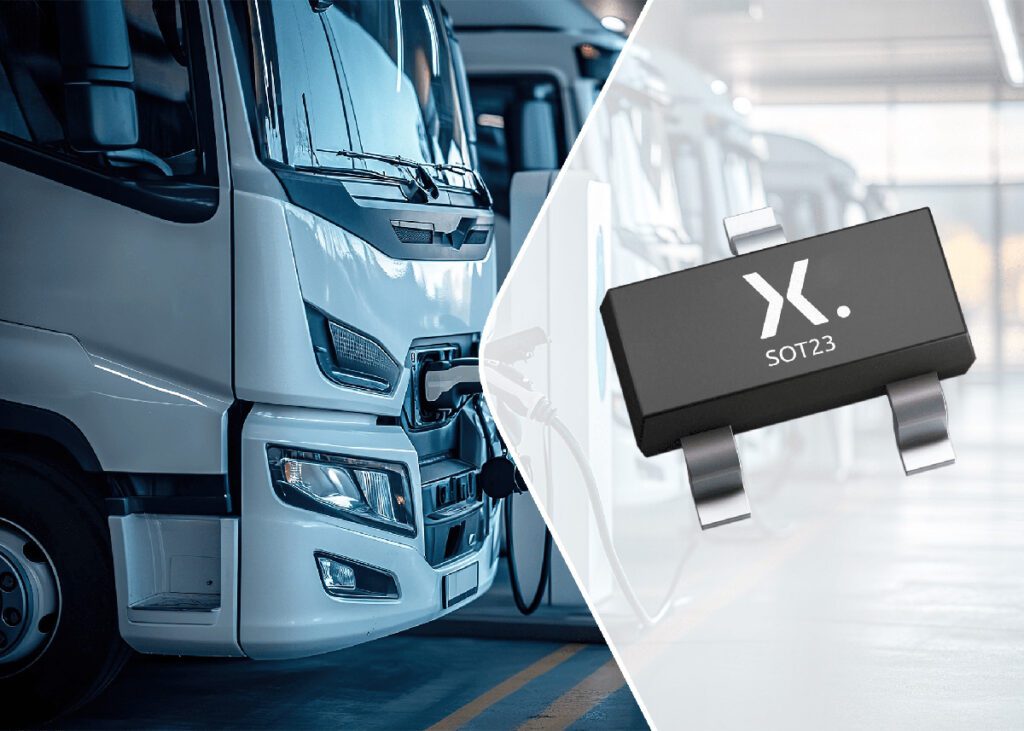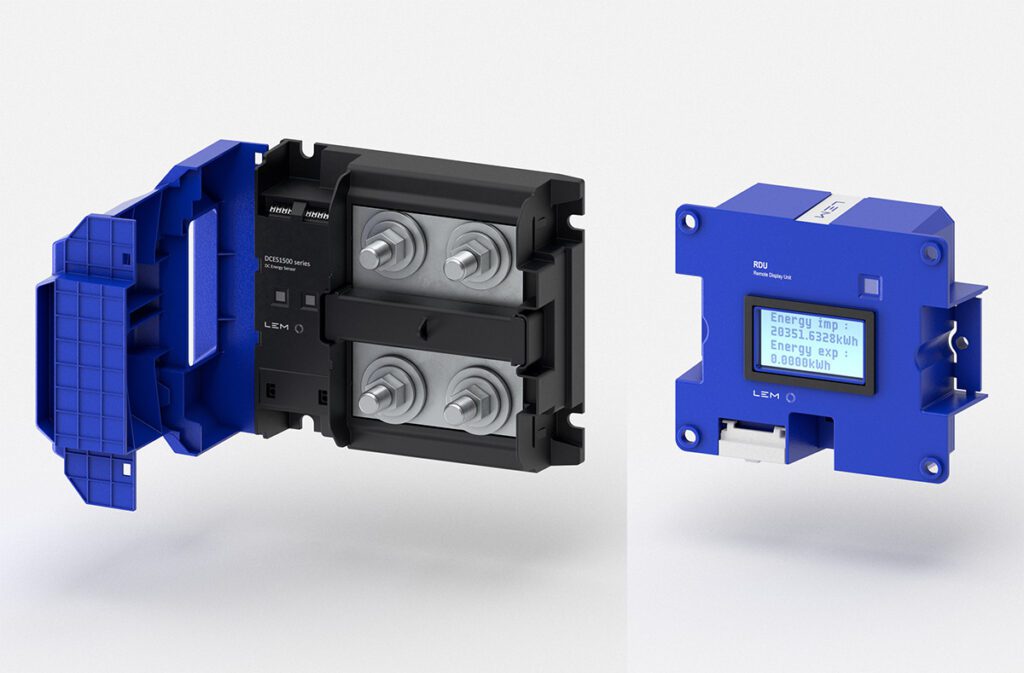The National Highway Traffic Safety Administration (NHTSA) announced Friday that it will open an investigation to assess the risk of fire in Chevy Volts that have been involved in a serious crash, after the agency’s latest test succeeded in causing a Volt battery to burst into flame.
In May, a Volt caught fire three weeks after going through a crash test that cracked the battery pack and caused coolant to leak out. Since then, the NHTSA has put Volt batteries through a series of tests to try to replicate the conflagration. Last week they performed three tests that intentionally damaged the battery compartment and ruptured the coolant line, then rotated the battery to simulate a side-impact collision followed by a rollover. One of the tests caused a temporary increase in temperature, one produced some smoke and sparks, and one caused the battery to catch fire.
The anti-EV web sites and talk shows will surely have a field day with this, but before you trade your new Leaf for a Hummer, a little perspective may be in order: “NHTSA is not aware of any roadway crashes that have resulted in battery-related fires in Chevy Volts or other vehicles powered by lithium-ion batteries,” and “has not raised safety concerns about vehicles other than the Chevy Volt.”
Even if it does turn out that lithium-ion batteries catch fire when you smash ‘em, EVs may still be far safer than ICE vehicles. After all, every movie fan knows that gas-powered cars erupt in spectacular fireballs if they hit so much as a mailbox.
Image: Insurance Institute for Highway Safety





















































































